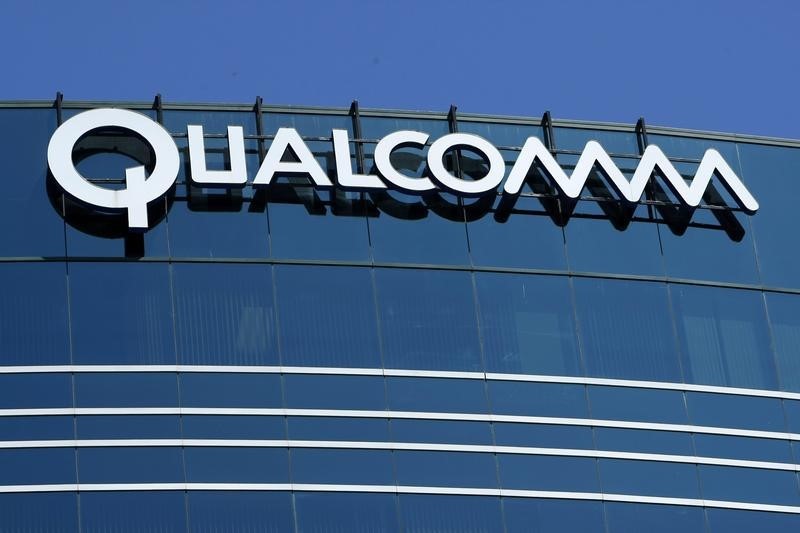Nvidia's (NASDAQ:NVDA) dominance in the AI chip market is facing a challenge from a coalition of technology companies, including Qualcomm (NASDAQ:QCOM), Google (NASDAQ:GOOGL), and Intel (NASDAQ:INTC).
These companies, through the UXL Foundation, are reportedly spearheading an initiative to develop an open-source suite of software tools capable of running AI applications across various types of accelerator chips, effectively targeting Nvidia's proprietary software ecosystem, according to Reuters.
"We're actually showing developers how you migrate out from an Nvidia platform," Qualcomm's head of AI and machine learning, told Reuters.
The UXL Foundation, leveraging Intel's OneAPI technology, aims to democratize AI development by allowing computer code to run seamlessly across different hardware platforms.
The consortium is in the process of finalizing technical specifications, with plans to refine these details by year's end. This collaborative effort seeks to establish a versatile foundation that can support contributions from a broad spectrum of companies and be compatible with any chip or hardware setup.
"It's about specifically - in the context of machine learning frameworks - how do we create an open ecosystem, and promote productivity and choice in hardware," said Google's director and chief technologist of high-performance computing.
According to analysts, Google is one of the founding members of UXL and plays a major role in helping determine the project’s technical direction.
But UXL's ambitions extend beyond its founding members, with plans to engage cloud computing giants like Amazon (NASDAQ:AMZN) and Microsoft Azure (NASDAQ:MSFT), as well as additional chip manufacturers, the report says.
Since its inception in September, the foundation has already begun receiving technical contributions from both members and non-members eager to embrace this open-source initiative.
The consortium's immediate focus is to tackle the computing challenges currently monopolized by a few dominant chipmakers, particularly in areas like AI and high-performance computing.
For the long term, UXL aims to support Nvidia’s hardware and software, per the report.
Apart from its highly coveted AI chips, NVDA’s journey to $2.2 trillion market capitalization was also driven by its nearly two-decade-long development of CUDA, a software platform that has become indispensable to over 4 million developers globally.
